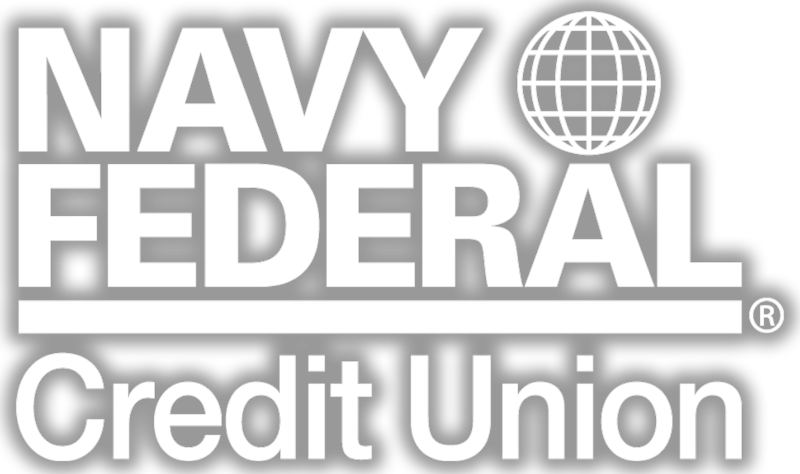Did you know more than 250,000 military members transition out of the service each year? The transition to civilian life is a big moment for service members.
To help them land on their feet and enjoy long-term career success, Navy Federal partnered with Hire Heroes USA®* to survey over 1,000 veterans nationwide on what they value most in a civilian career—like location, compensation or working at a purpose-driven organization.
“As we started researching Best Careers After Service, we discovered that factors like the overall mission of the organization and a support structure for veterans are often just as important as compensation and benefits,” said Jaspreet Chawla, vice president of membership with Navy Federal Credit Union. “With nearly half of U.S. veterans leaving their first civilian job within a year, it’s important for transitioning service members to reflect on what motivates them and to know which industries offer opportunities that align with their personal career drivers.”
Health care topped the list as the #1 match for veterans’ goals and that’s no surprise given the competitive salaries and how well jobs match military experience. Two other benefits that stood out were the strong sense of community and teamwork within the health care industry and its opportunities to help people. Some of the most popular career paths include hospital operations/logistics, registered nurse, medical research and administration (hospital functionality, data, records).
One in four veterans do some kind of government work. And with the combination of a competitive salary, a match for military experience/skills, and consistent work schedule, government and public administration jobs, the second top career on the list, also check a lot of boxes for veterans.
Among veterans under 45 years old, defense contracting is the most popular area of work. Top reasons? Competitive salaries, working for a mission-driven organization, having work suited to military experience and skills, and special programs for veterans. Common career paths include analyst, intelligence specialist, contract management specialist, and quality assurance manager.
Elsewhere, financial services careers are particularly attractive for younger veterans, with more than 1 in 10 in related jobs. A clear advancement path, training, development, and creative/strategic opportunities are just a few of the matching benefits. Likewise, the education industry also matches veterans’ desires for a mission-driven/team-oriented environment, mentorship opportunities and a consistent work location.
“We are grateful to have Navy Federal as a partner in our commitment to providing exceptional career support programs that serve the whole military and veteran community. Together, our services enable financial security and professional success, leading to increased satisfaction and participation in their local communities,” said Christopher Plamp, chief executive officer of Hire Heroes USA.
Planning for a career after service also means having a financial plan to match. There are differences in insurance and retirement savings when you leave the military, and your expenses and income may change, too. It can seem overwhelming, but that’s where a budget and financial plan can help. Reach out to your bank or credit union to see what resources are available. You can check in a branch or even use online calculators to help plot out your course of action.
In addition to Best Careers After Service, Navy Federal’s “Best Of” series includes Best Cities After Service, which helps identify top cities in the U.S. for military members who recently completed Active Duty service.






